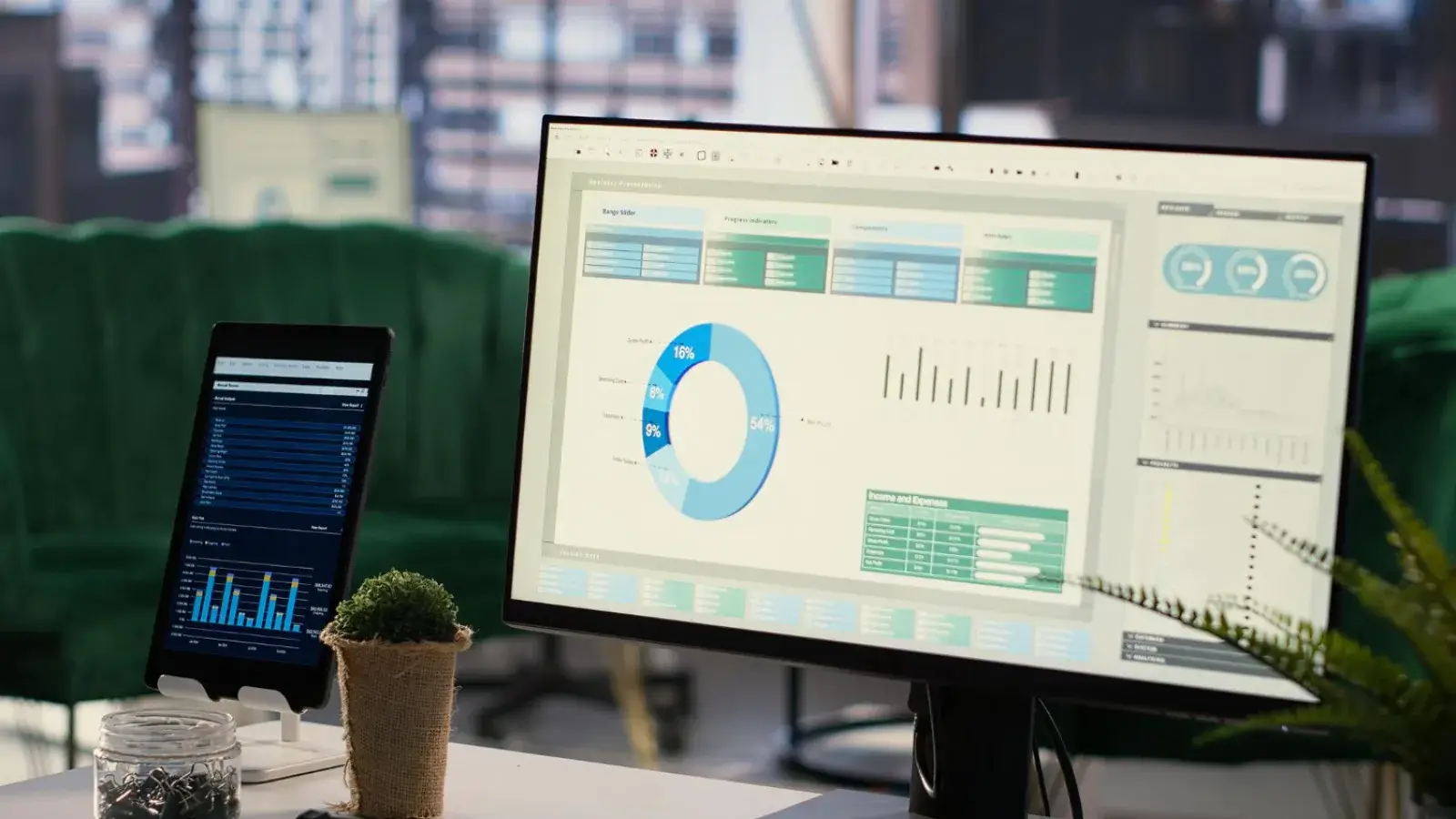
How Legacy Modernization Enables Businesses to Meet Digital Demands

Imagine this: a finance firm is still using a system built in 2003: slow and clunky, no mobile capability or access, crashes under load, and no ability to use modern APIs. Meanwhile, competitors are launching dashboards powered by AI, real-time client portals, and cloud-native applications that scale effortlessly. Who do you think will win the race in today's fast-moving digital economy?
With user experience, agility, and real-time intelligence representing the successful business of today, businesses still relying on outdated systems are simply playing a game of catch-up at their peril. This is where legacy application modernization services become essential.
Modernization isn't about throwing legacy applications into the digital shredder but rather understanding how to unlock their value by keeping the core business logic intact while revitalizing the architecture in a way that improves speed, scale, security, and innovation. This blog post talks about how legacy modernization is an important strategy for businesses to help them achieve today's digital economy demands and how hiring the right development team can solidify success.
Why Legacy Systems are No Longer Beneficial
A lot of businesses continue to use their legacy systems simply out of comfort, sunk cost, or fear of disruption. The reality is that legacy systems tend to be inflexible, expensive to maintain, and ill-suited to a digital world.
Some common pain points:
- No mobile or remote access
- Slow performance with large datasets
- Security vulnerabilities and compliance risks
- High maintenance costs with shrinking support
- Incompatibility with cloud, APIs, or new tools
Worse, legacy systems hinder innovation. Want to integrate AI features, deploy updates faster, or tap into real-time analytics? Good luck doing that with decades-old code.
What is Legacy Application Modernization?
Legacy modernization is when we take a legacy software system, which uses old languages or frameworks, and transform it into a modern, efficient, and scalable software solution without affecting the core business process.
It may include:
- Rehosting (moving to a new infrastructure)
- Replatforming (minor changes to leverage cloud-native features)
- Refactoring (rewriting portions of the code)
- Re-architecting (changing architecture to microservices or serverless)
- Replacing (phasing out old systems with new custom apps)
The approach depends on your business goals, system complexity, and budget, but the end goal remains the same: making your system future-ready.
Benefits of Legacy Application Modernization
1. Increased Speed and Agility
A modernized system now supports a continual integration and deployment (CI/CD) process, and with new development methodologies like Agile, it also allows for a rapid deployment cycle and immediate updates to your operations, keeping your product responsive to shifting market dynamics.
2. Better User Experience
Most old legacy applications or legacy systems have inefficient and outdated user interfaces. Modernizing allows you to develop interfaces that leverage responsive design, are free of clunky navigation, and are mobile-friendly.
3. Scalability/Cloud Native
Transitioning to microservices architecture or cloud-native infrastructure enables your application to scale on demand, whether you have 1,000 users or 100,000 users.
4. Decreased cost of operations
Maintaining legacy systems comes at a high price - old code and legacy infrastructure. Cloud-based solutions significantly reduce your licensing costs and overhead and minimize dependency on legacy hardware.
5. Increased Security/Compliance
Because many of the modern frameworks have the necessary security protocols built in, complying with standards such as GDPR, HIPAA, and ISO 27001 becomes easier.
6. Competitive advantage
The ability to innovate quickly, integrate new technology trends, and deliver a superior customer experience allows your organization to have a critical competitive advantage.
Why You Need Legacy Application Modernization Services
You can’t solve a complex modernization problem with a patchwork of temporary fixes or outdated approaches. That’s why professional legacy application modernization services are essential.
A skilled team can:
- Audit your existing systems and identify technical debt
- Choose the best modernization strategy for your goals.
- Migrate systems with zero-to-minimal downtime.
- Build robust, future-proof architecture.
- Implement cloud, microservices, or API integrations.
- Ensure data security and continuity during migration.
Why Hire Dedicated Software Developers for Modernization Projects
Legacy systems are rarely simple. That’s why it makes sense to hire dedicated software developers who are focused exclusively on modernizing your tech stack. Here’s what makes a dedicated team so valuable:
- End-to-End Ownership: From assessment to deployment, they handle the entire lifecycle.
- Legacy Know-How + Modern Expertise: They understand COBOL as well as Kubernetes, Oracle as well as AWS.
- Continuous Collaboration: You get transparency, regular updates, and direct control over the progress.
- Faster Turnaround: Unlike scattered freelancers or in-house teams juggling multiple priorities, a dedicated team accelerates delivery.
- Long-Term Support: Modernization isn’t a one-off project; it requires ongoing optimization. Dedicated developers offer continued enhancements post-deployment.
Final Thoughts
In the digital era, holding onto legacy systems is not only inconvenient it is dangerous. While legacy systems may have worked well in the past, out-of-date applications now act as impediments to growth, agility, and innovation. Legacy application modernization is your chance to future-proof your business, realize trapped value, and confidently respond to market needs. But modernization is not purely about technology; it is about people. Your technology transformation relies upon the skills, vision, and commitment of your people. That is why organizations that use dedicated software developers for legacy application modernization projects do not just implement new systems; they foster their digital transformation.
















